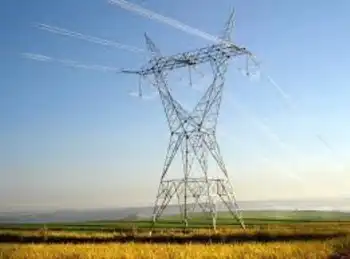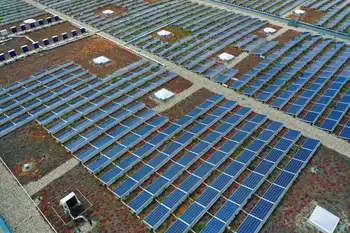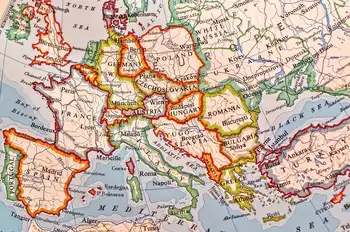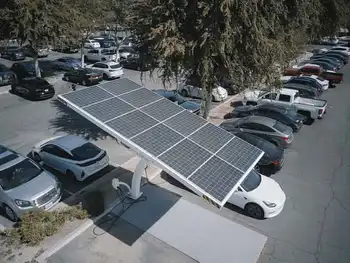MP provides basics on clean-energy retrofits via a how-to video on YouTube
By Toronto Star
Substation Relay Protection Training
Our customized live online or in‑person group training can be delivered to your staff at your location.

- Live Online
- 12 hours Instructor-led
- Group Training Available
It can be seen by going to youtube.com and entering "Olivia Chow green house" in the search bar to see some of the energy-saving renovations she and husband Jack Layton, national leader of the New Democratic Party, have made to their downtown Toronto home.
"Over the years," the NDP Member of Parliament for Trinity-Spadina says, "people ask me questions about retrofitting, like, `How is it done? Is it possible? Can you actually put a solar panel up? What if there isn't enough sun?'
"So I figured the best way is to actually show people what it looks like. Talking in theories and figures doesn't quite work. Now when people ask about energy retrofitting your home and reducing energy bills, I can actually tell them to go to youtube.com and check it out."
The video includes Chow with seven rooftop solar panels the couple installed over the years to produce electricity and heat their hot water. Also included is a meter that produces a smile on their faces when it spins backward. That means they're helping to generate electricity that will go back to the grid for others to use. Other stops on the 4 1/2-minute tour of their home show energy-smart kitchen appliances, triple-paned windows and a low-flow toilet.
It is all part of a strategy they started more than 20 years ago to reduce their dependency on the energy grid. It includes using bicycles as a major transportation mode, collecting rainwater for their garden and replacing the original horsehair insulation in their 1891 home with more modern stuff.
Layton estimates the saving is about 50 to 60 per cent of their energy bill.
"I haven't kept that level of detail," he says, "but the electricity bill is down very dramatically and the gas bill is down by about 30 per cent."
Layton suggests you begin with the small things, even if it's just replacing your light bulbs with compact fluorescent types.
"That's what we did," he says. "We started with the programmable thermostat and the low-flow toilets because everyone is going to be metered in Toronto. You'll get those savings very quickly."
He says you should always check to see if there's a rebate program to help you pay for the toilet, such as one the City of Toronto offers (toronto.ca/water eff/flush/index.htm).
You should also have your home tested by an energy expert to determine where the leaks are.
"I was surprised when we did ours, how much air was escaping from little cracks under the baseboards or openings behind the light switches or baseboard heaters," Layton says. "Cold air was entering the house and hot air was escaping, so we were essentially heating more than we had to."
He says that most utilities have a program under which they'll put a special switching system on your water heater so that it uses electricity to heat your water only at night or during off-peak hours for consumption.
"They'll give you a cheaper rate because they won't have to buy the more expensive power during the day," Layton says.
Chow created the YouTube video tour in November and it's received 4,500 hits and, more importantly, results that she finds encouraging.
"I know of several couples that are doing this and they're following our example," she says, adding that some of her constituents are forming a collective so they can purchase solar panels in bulk and cut costs.











